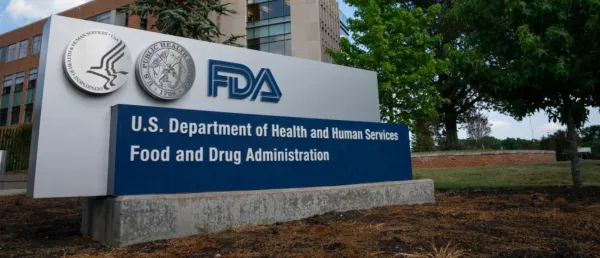Trump's Return to Office Sparks Stock Surge Among Health Insurers

President Donald Trump's recent victory has triggered swift reactions in the healthcare sector.
The results have significantly affected the major insurance players who anticipate regulatory changes favorable to Medicare Advantage (MA) plans and increased mergers, alongside anticipated constraints on Medicaid and Affordable Care Act (ACA) support.
Following the election, shares of health giants such as CVS Health, Humana, and UnitedHealth Group saw noticeable gains.
CVS Health’s stock surged 11.24%, Humana rose 8.56%, and UnitedHealth climbed by 6.03%. Elevance Health also saw a more minor but notable increase of 1.23%.
These jumps are likely driven by expectations that Trump’s administration will ease regulatory pressures on MA plans, reducing federal scrutiny.
Under Trump’s likely approach, Medicare Advantage could see fewer restrictions and a shift toward becoming a “default enrollment option,” a move outlined in the Heritage Foundation’s Project 2025—a 922-page proposal supported by those close to Trump’s incoming administration.
The document advocates for adjustments to current risk models and dismantling policies seen as micromanaging MA plans.
"Medicare Advantage has been shown to provide high-quality care with benefits traditional Medicare doesn’t cover," MA advocates state.
However, critics argue the program "hands control over to insurers," enabling practices such as stringent prior authorizations and restrictive provider networks.
This issue has raised concerns as patients report challenges returning to traditional Medicare and navigating “ghost networks,” where many listed providers are often unavailable.
Merger Landscape Under Trump Administration
Several major insurers have been quick to respond to the anticipated regulatory shift. CVS Health, which recently reported an $87 million profit for the third quarter, saw stock prices jump as analysts pointed to a more merger-friendly environment under the Trump administration. CVS’s annual profit so far stands at $3 billion, marking a decline from the $6.3 billion reported at this time last year.
UnitedHealth Group has also moved strategically, finalizing a deal with home healthcare company Amedisys for over $3 billion, capitalizing on the Trump administration’s support for healthcare mergers.
Analysts believe this environment could pave the way for further consolidation, with the Federal Trade Commission (FTC) potentially losing its current chair, Lina Khan.
Khan, known for scrutinizing corporate mergers, may be replaced, opening the door to additional deals in a Trump-led administration.
Cigna recently engaged in stock buybacks, signaling its decision not to pursue a merger with Humana, although both companies previously explored the possibility.
Pharmacy benefit reforms, however, may continue as bipartisan support in Congress is expected to sustain interest in reform efforts.
Medicaid & ACA Subsidies Face Funding Threats
Medicaid-focused insurers Centene and Molina Healthcare saw slight dips in stock value as investors anticipated reduced federal support for Medicaid under the Trump administration.
Analysts predict potential cuts to Medicaid funding alongside the imposition of work requirements for beneficiaries, a move long championed by conservative lawmakers.
The expiration of ACA subsidies at the end of 2025 further complicates matters. Insurers such as Oscar Health, which benefit from these subsidies, may experience heightened financial pressure.
Oscar Health's stock plummeted 14.29% as analysts raised concerns over subsidy dependency, though the company maintains its growth plans are sustainable without extended subsidies.
Despite Trump's long-standing goal to repeal the ACA, industry experts believe political realities might preserve certain ACA provisions, particularly in areas with strong bipartisan support.
Publicly, insurers have expressed cautious optimism about ACA support within Congress, hoping lawmakers will preserve enhanced tax credits for lower-income Americans, especially in Republican-leaning districts.
Stay tuned for more such updates on Digital Health News





























